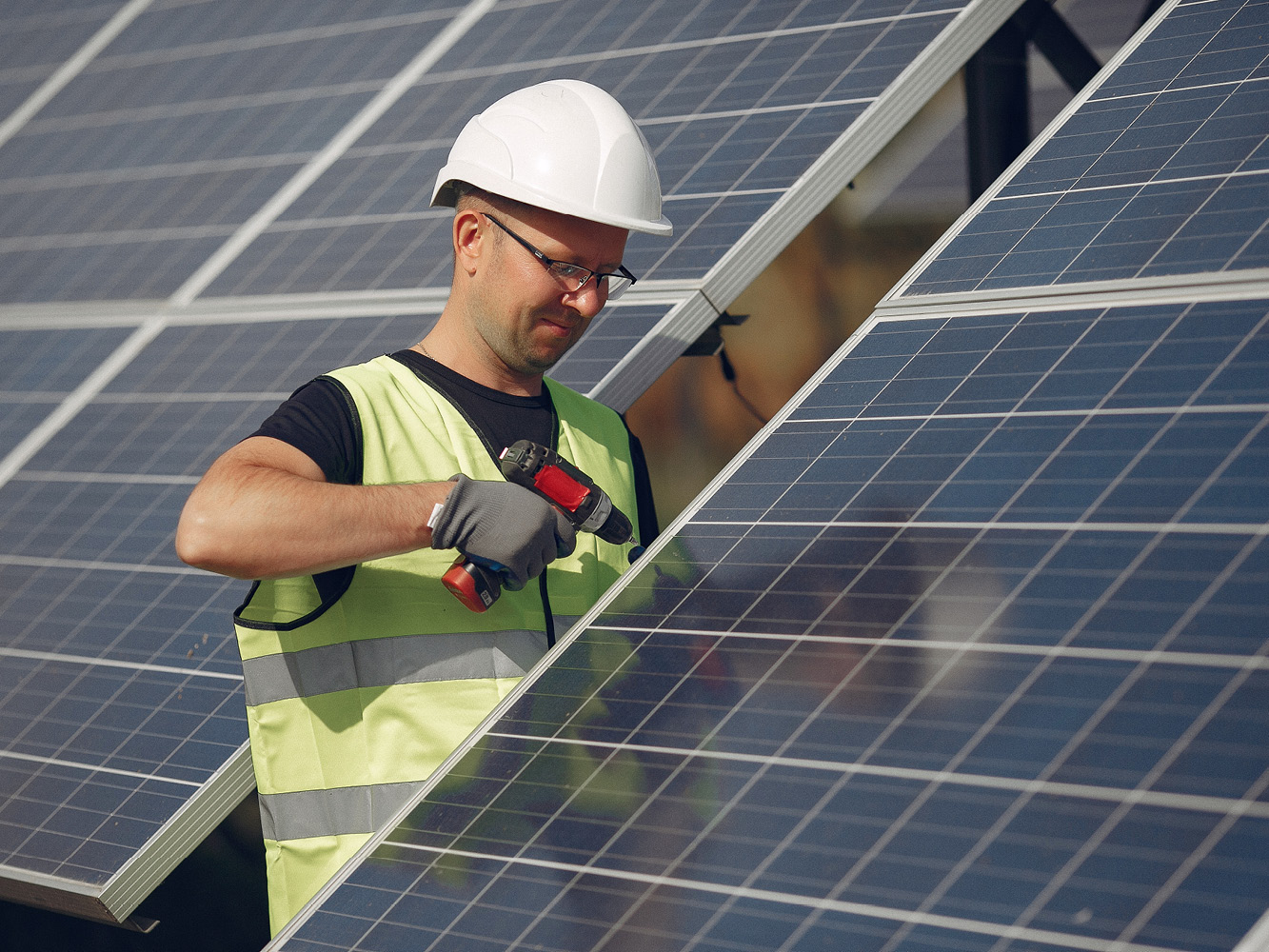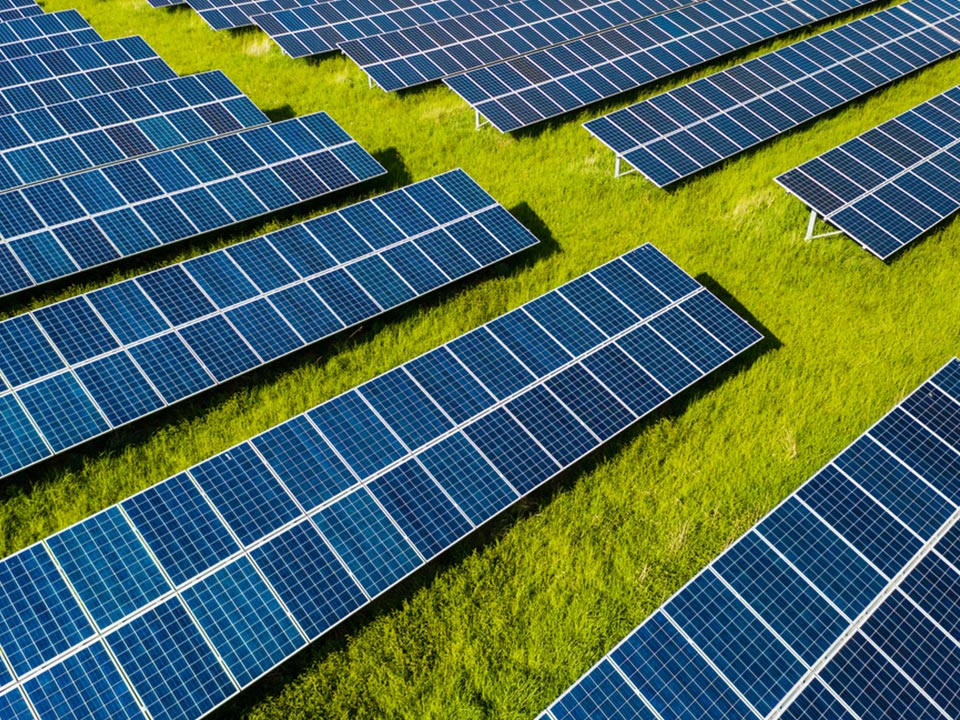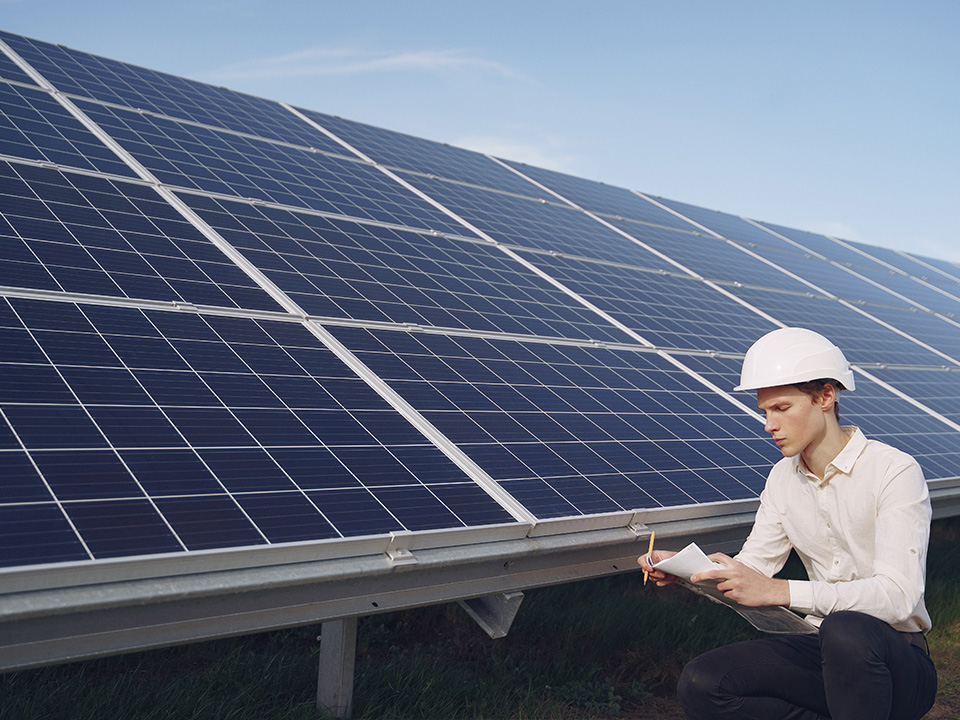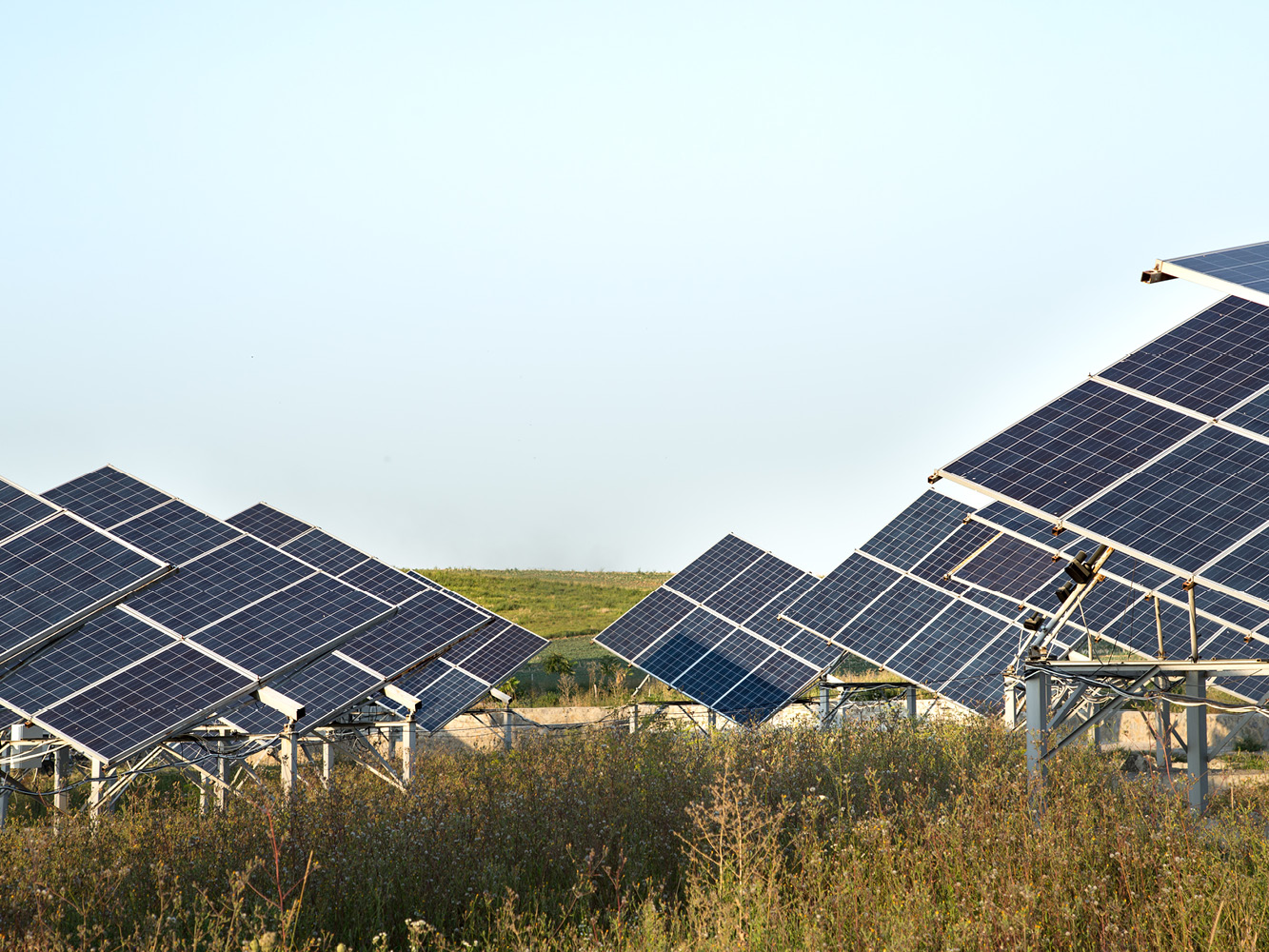
In the press conference of Prime Minister Mario Draghi with the Minister of Economy and Finance Daniele Franco, the Minister of Economic Development Giancarlo Giorgetti and the Minister of Ecological Transition Roberto Cingolani, the new Energy Decree was illustrated.
Minister Cingolani presented the four structural measures on: simplification of renewable plants, production of gas, storage and biofuels. Here are the highlights:
Approved measures to contain the increase in the cost of energy and support the automotive sector, with eight billion euros, six of which are destined for energy. The Government also intervenes on the production of gas in Italy and on the simplification of the installation of renewable energy plants.
In 2021 there was a very positive economic performance. Now we are witnessing a general slowdown in economic activity related to the evolution of energy prices. This year the prices of gas and electricity have dropped significantly compared to December; however, they remain high if they relate to last year. The decree – which allocates about 5.5 billion – primarily aims to support families and businesses precisely in the face of the increase in the cost of energy.
According to AREA estimates, in the last quarter of 2021 compared to the last quarter of 2020, the energy bill for gas and electricity for families and businesses increased by about 21 billion: the government taxed 3.5 billion (about 1/6).
As regards the first quarter of 2022 compared to the first quarter of 2021, there was an increase of about 21 billion in total costs for energy: the government intervened with 5.5 billion (about 1/4). In the second quarter of 2022, the bill should increase by approximately 15 billion compared to the second half of 2021: the government will intervene with approximately 5.5 billion.
Here is the package of interventions: elimination of system charges for electricity, for small and large users; zeroing of system charges for gas; reduction of the VAT rate on gas to 5%; the protection of 3.5 million households with lower incomes is confirmed (bonus for gas energy bills); the intervention for energy-intensive companies is repeated for the next quarter, extending the intervention also to companies that self-produce electricity by consuming gas; support intervention of about 500 million for gas-intensive companies (about 1000).
These measures are associated with interventions aimed at increasing the production of renewable energy and gas in the future. In fact, as far as gas is concerned, long-term contracts will be offered at a predetermined price on the production of national gas.
From the Minister of Ecological Transition Roberto Cingolani also arrive
simplifications for mainly photovoltaic renewable plants: the aim is to facilitate the expansion of photovoltaic technologies on buildings, roofs, sheds, stables as much as possible, to ensure their widespread diffusion, mainly with a view to self-consumption, with plants up to 200Kw of medium size. A single simplified module will be made to install these systems in all buildings. A MiTE fund will be developed to help SMEs to accelerate their activities. Important simplifications are also foreseen for other renewables such as geothermal.
Moreover, a technological investment is envisaged in biofuels, especially in purity and from sustainable supply chains, such as castor oil, which reduce carbon dioxide and are compatible with current internal combustion engines. The RED II directive wants to 2030 in our portfolio 16% of sustainable fuels with those we already use based on petroleum, in this way we are anticipating the RED II. Today a diesel can use these fuels, polluting much less without changing the truck (more complex to change than a private engine), with sustainability in transport without changing the fleet. This is about 200 thousand tons in 2023 with an annual progression of a further 50 thousand to reach the RED II percentage. There will be a fund, already covered, for the development of fuels, with a great impact on airplanes and transport.
For what regards the automotive sector, a billion a year has been allocated for eight years to accompany the transition process. Minister Giorgetti underlined the importance of public intervention but highlighted the greater importance of the initiative by the private sector. The government’s goal is to convince the players in the supply chain to invest and face this challenge alongside the state.
The Ministry of Economic Development together with the Ministry of Ecological Transition will issue a decree containing incentives for eco-sustainable cars, not only electric but also hybrid, to facilitate the transition.


